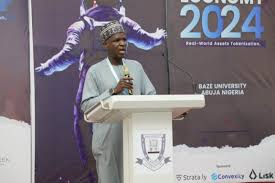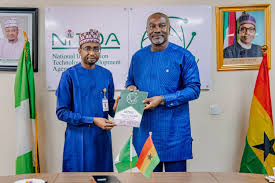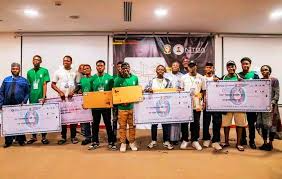The ReportGov.Ng, Nigeria’s Official Public Service Complaint website, has listed the National Information Technology Development Agency (NITDA), the Bureau of Public Procurement (BPP), and the Federal Road Safety Corps (FRSC) as the worst-performing government agencies in terms of customer complaints resolution for November 2024. This is revealed in the report detailing how government Ministries, Departments, …




